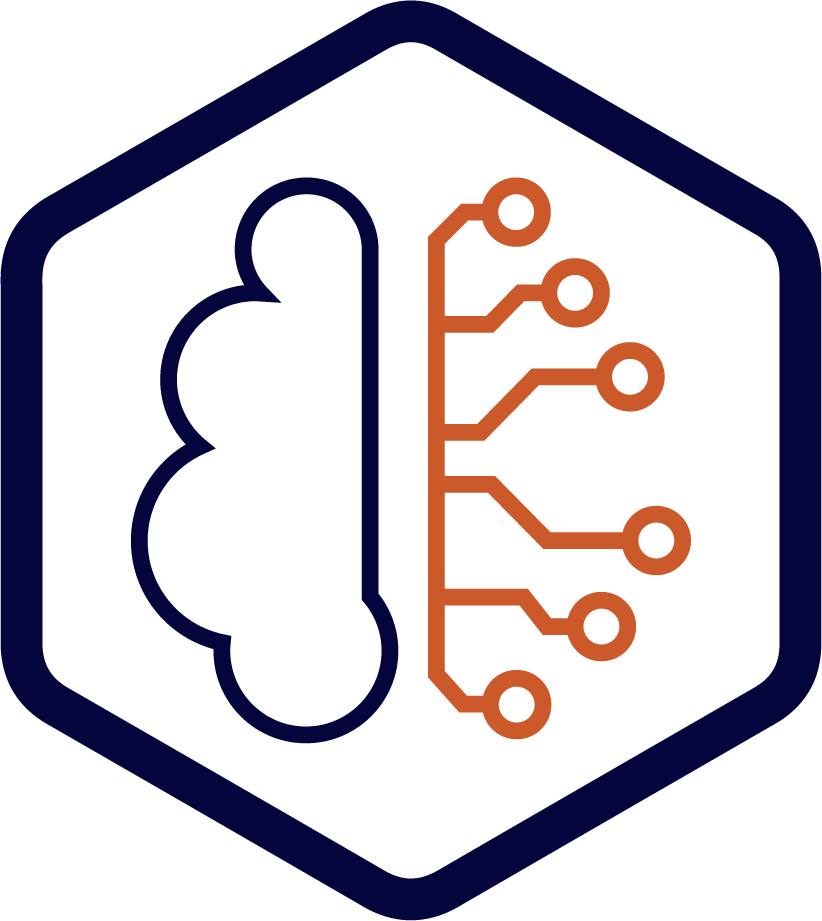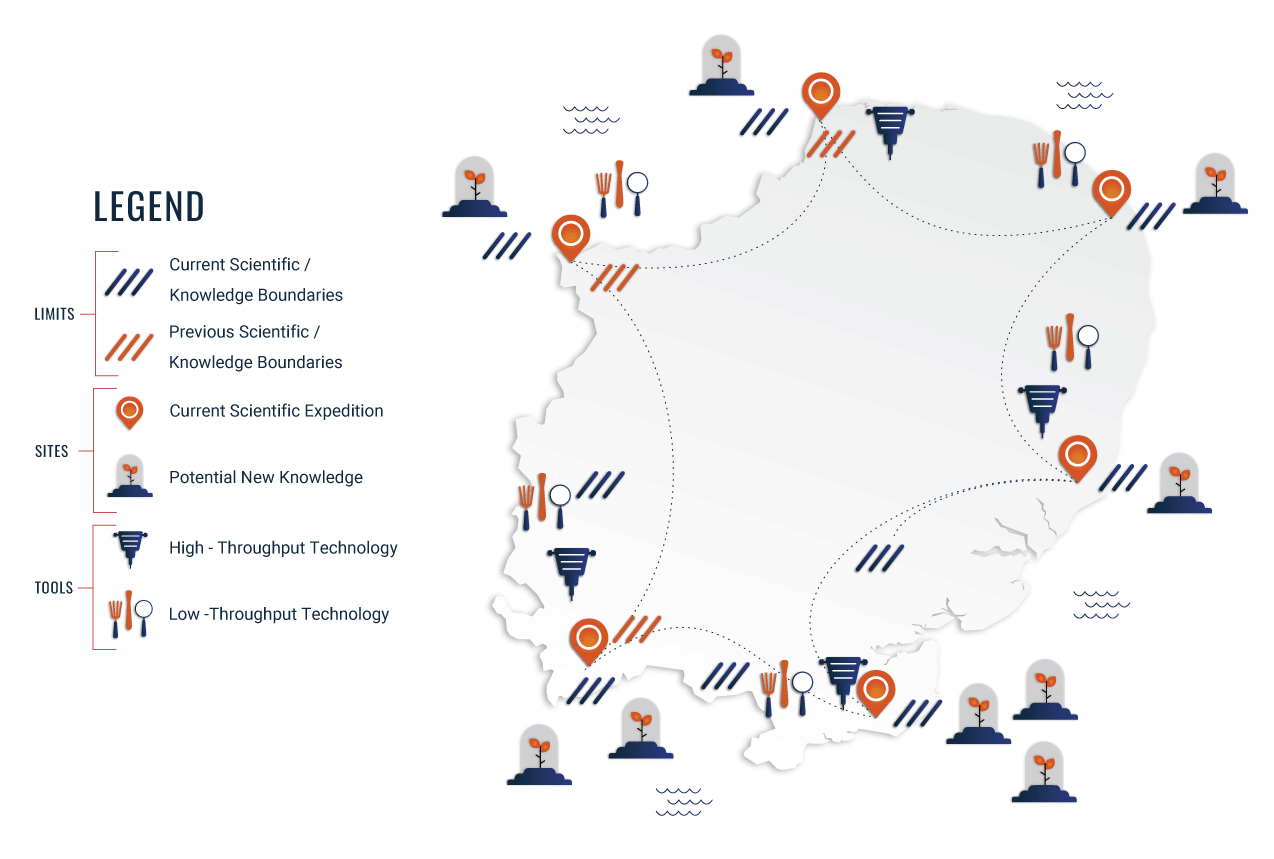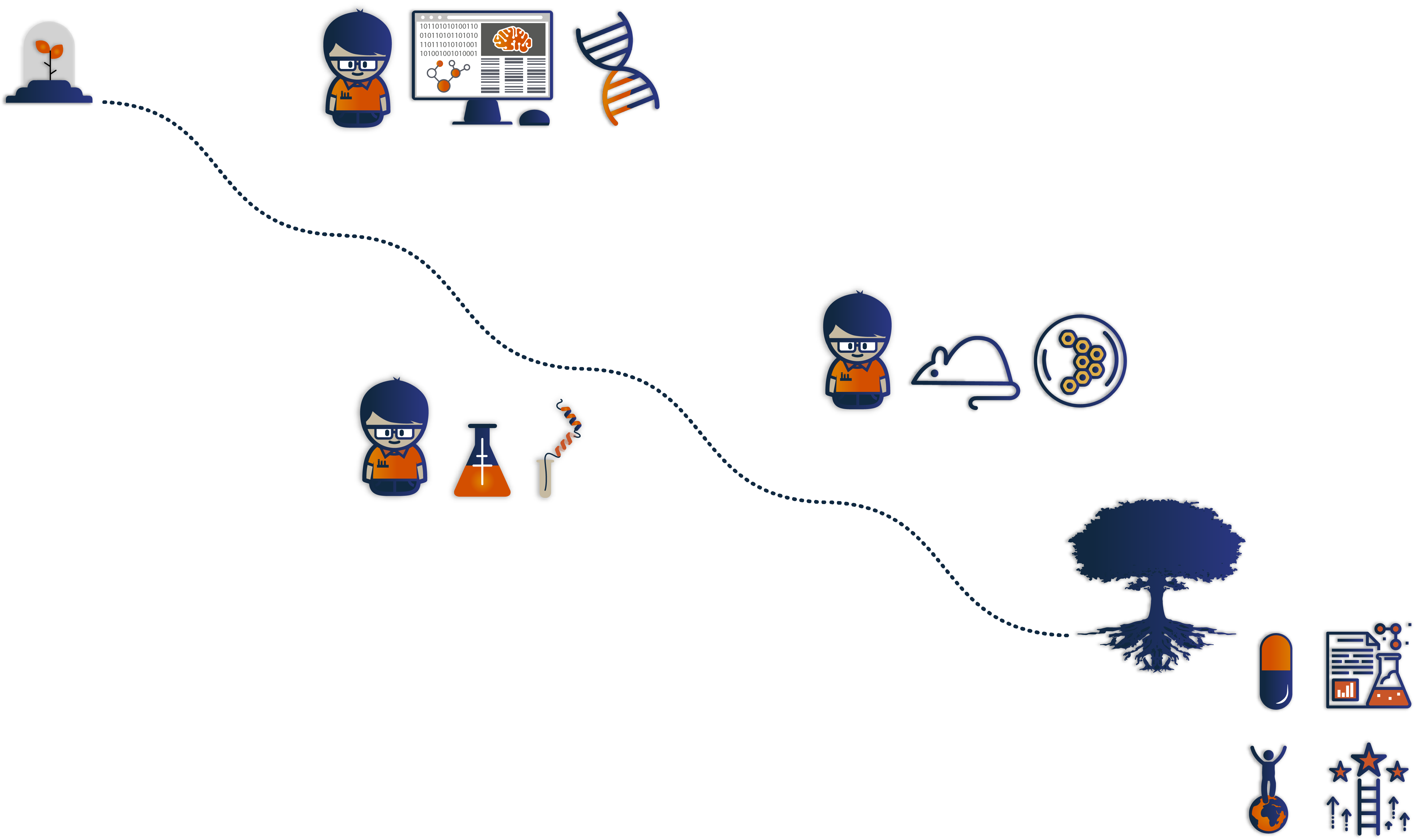RESEARCH AREAS
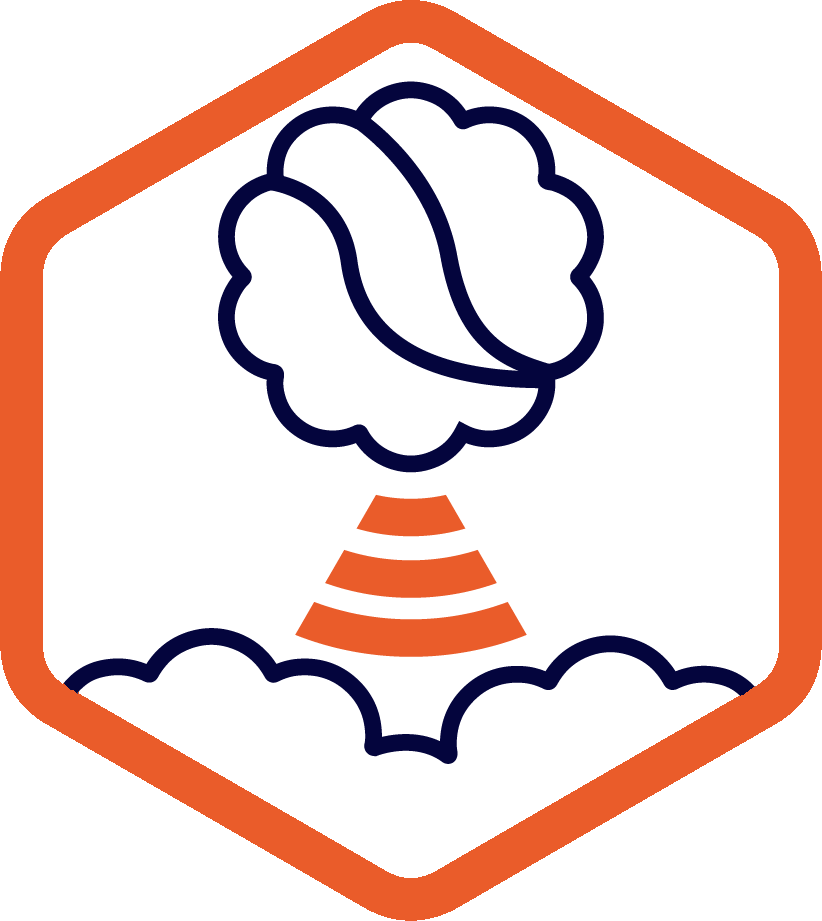
Cancer Signalling
How are signalling networks rewired in cancer? Are there vulnerabilities in that process that could be exploited?
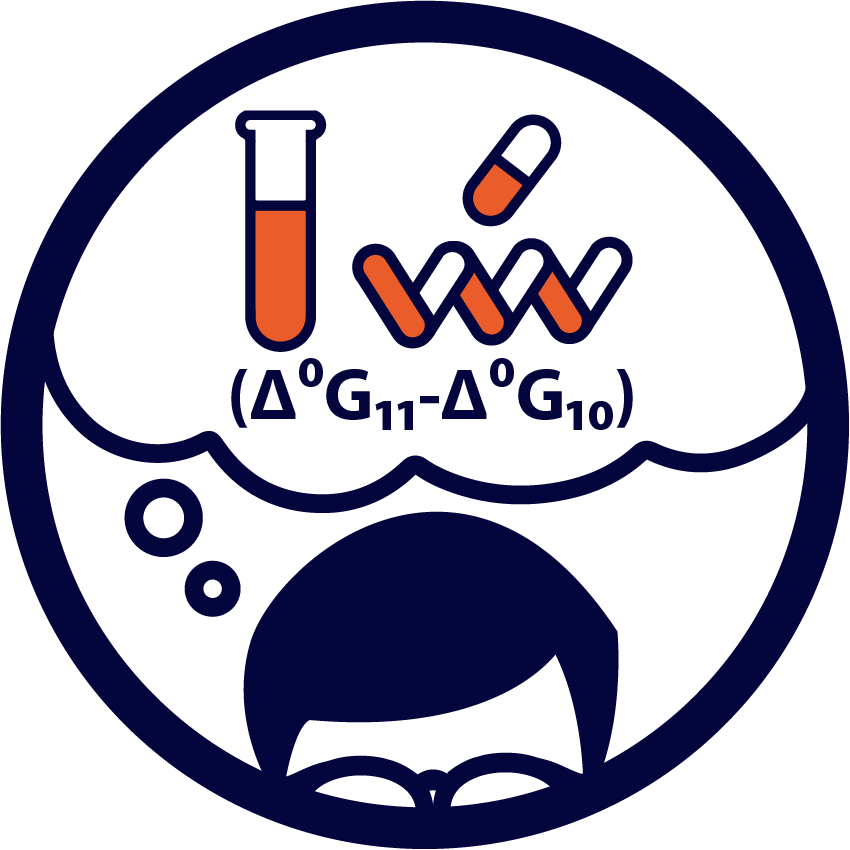



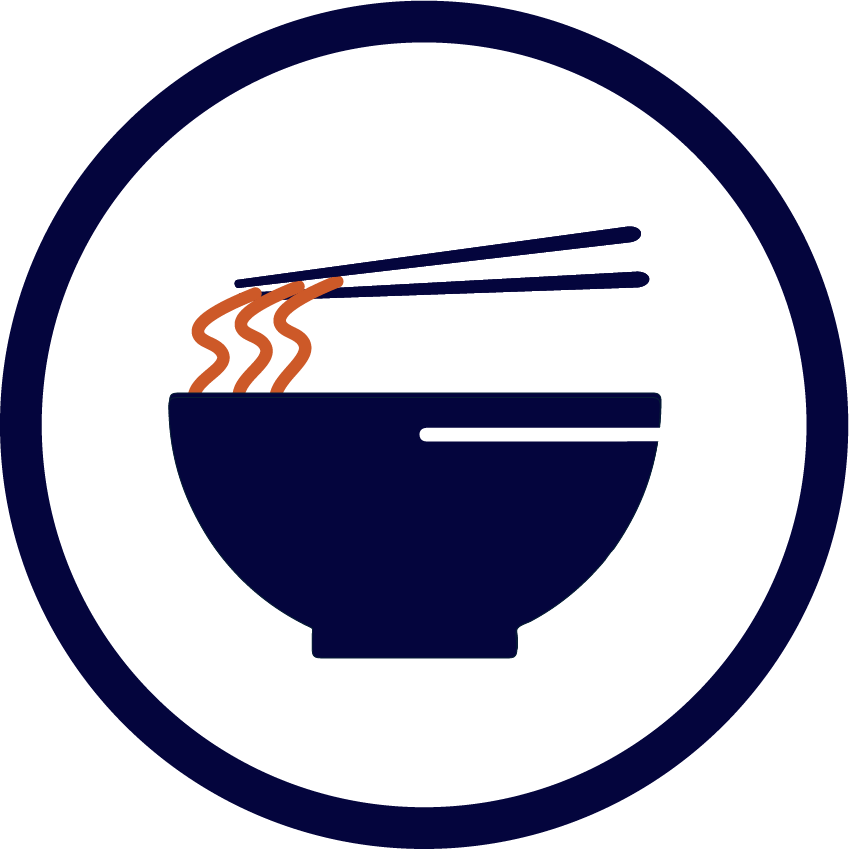

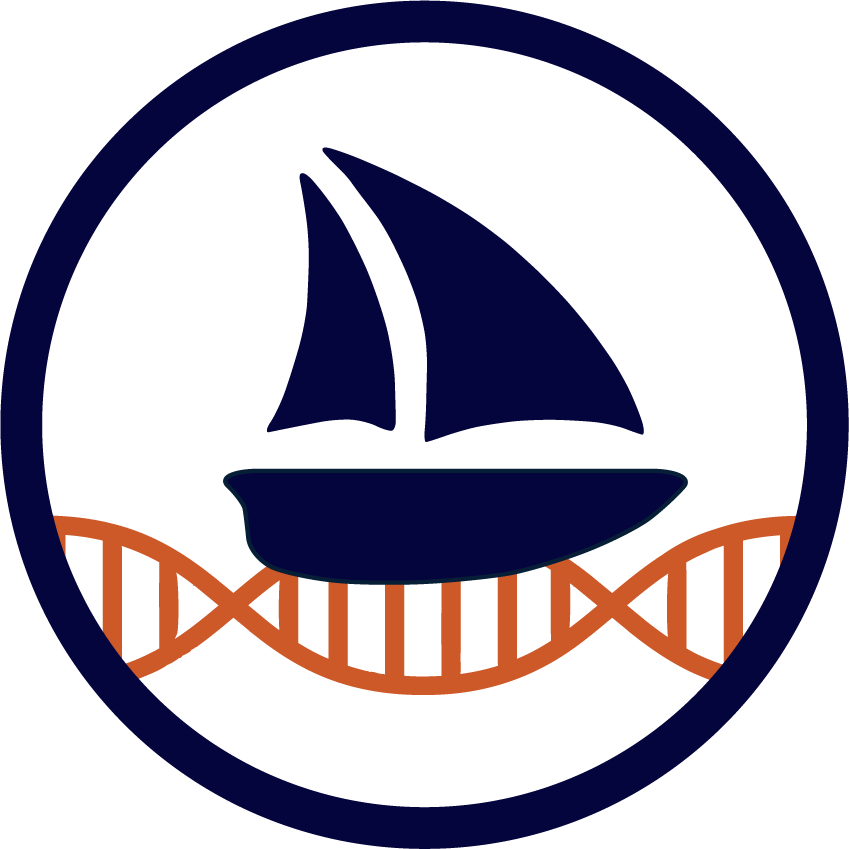

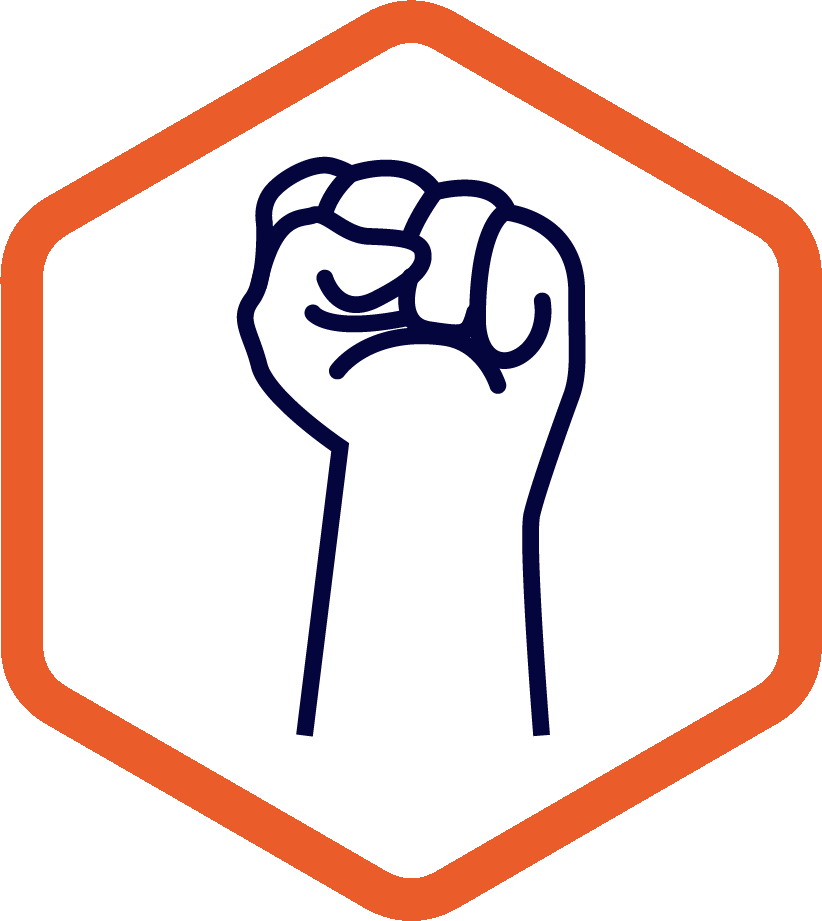
Cancer Resistance & Therapeutics
While first line therapies for many cancer types exist, these same therapies impose selective pressures that lead to cancer evolution and drug resistance. Can we understand, predict and exploit these resistance trajectories? Could we design therapies that are less prone to the most common therapeutic resistance mechanisms?




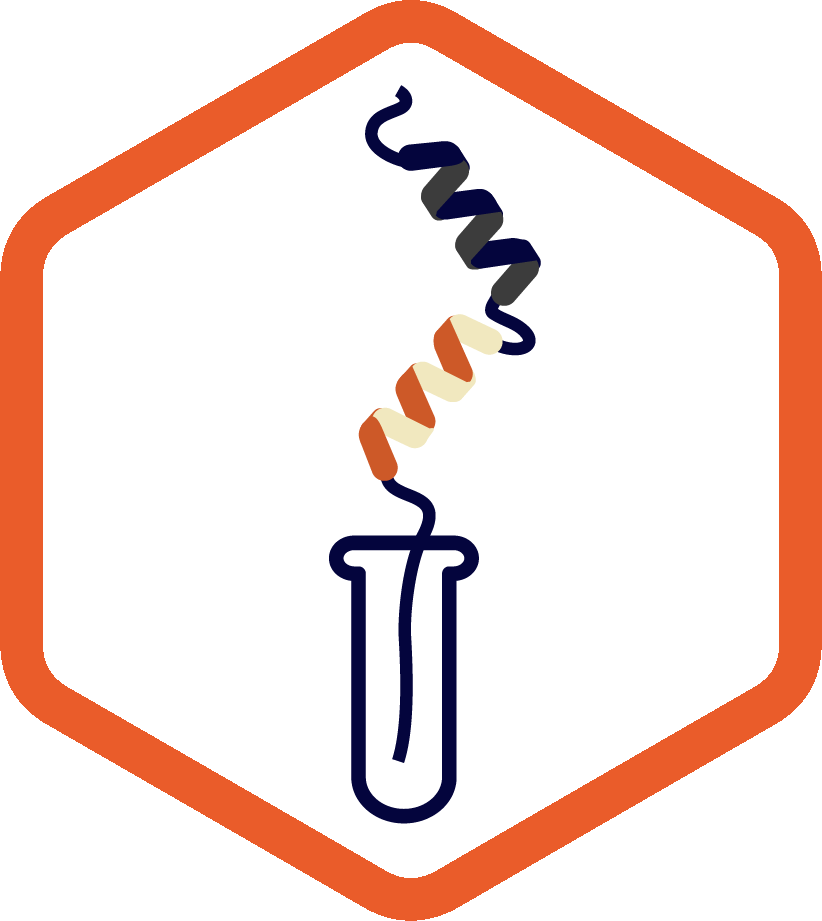
Protein Design & Engineering
“What I cannot create, I cannot understand” (Richard Feynman, 1988).
Do we understand proteins, their interactions and molecular recognition patterns enough to design them ab initio?





